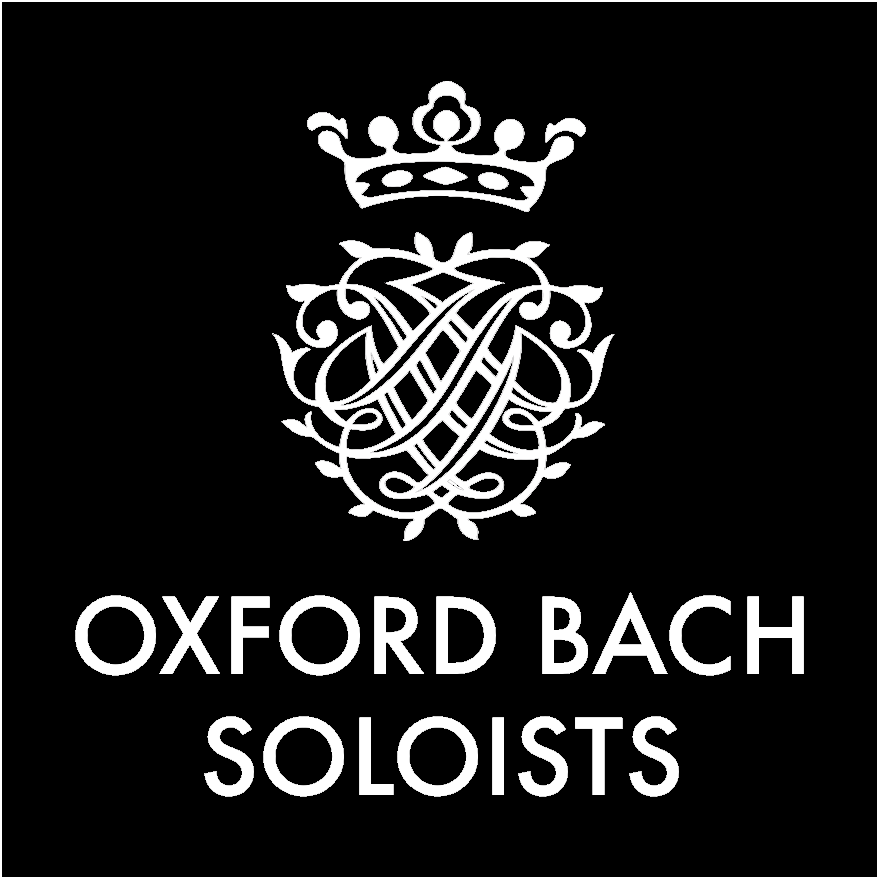Trumpeter Simon Desbruslais will be one of the soloists in the next Oxford Bach Soloists concert on 10 December Wake Up! Simon studied at King’s College London, before specialising in both solo and baroque performance at the Royal College of Music, followed by a doctorate at Christ Church, Oxford. We find out more about his career…
Tell us something about your career with the baroque and modern trumpets…
During my time studying I met and worked with so many fascinating musicians and thinkers, and I have always striven to combine my performance with academic work. I also try to search for something new in everything that I do. In baroque performance this might include unearthing some neglected or forgotten repertoire (Telemann cantatas rank highly in this regard!).
On the modern trumpet, I work with composers to commission new solo scores. This has included bringing to life an interesting range of new works, from trumpet concertos to music for trumpet with string quartet. My most recent commercial release, The Art of Dancing is a programme of new double concertos for trumpet, piano and string orchestra inspired by the instrumentation of Shostakovich’s First Piano Concerto.
2. How long have you been involved with Oxford Bach Soloists and in what role?
This will be my first concert, which I am greatly looking forward to!
And what about some of the other groups you work with?
I appear regularly with a number of baroque ensembles, such as the Brook Street Band, International Baroque Players, Charivari Agreable, Northern Baroque and Ludus Baroque. I have also been developing some pioneering collaborations with the Ligeti Quartet, pianists Clare Hammond and Jakob Fichert, and organist Stephen Farr. In addition I have enjoyed a lasting relationship with the Orchestra of the Swan and English Symphony Orchestra, both of which have worked supportively and tirelessly to help me to bring new concertos to life.
What have been some of the highlights in your career?
I’ll never forget my first recording – Johann Hertel’s Third Trumpet Concerto on the natural trumpet, as part of an album on Signum Classics called Concerti Curiosi. It introduced me to the unique physical demands of the solo recording session. This prepared me well for when I recorded Psalm: Contemporary British Trumpet Concertos. This included recording three fiendishly challenging contemporary concertos in two days, followed immediately by a concert on the evening of the second day featuring all three works again! It was a very special memory. I also had a tremendous time performing Telemann’s trumpet concerto with the Brook Street Band live on BBC Radio 3, followed by a performance at Wigmore Hall.
What are the challenges in the Telemann concerto compared with the demands made in the Bach Cantata 70 – both of which you will be playing in the next concert?
The first movement – a simple Adagio – is perhaps one of the most physically demanding two minutes ever written for the trumpet. It’s not just that it goes up into the high ‘clarino’ register of the baroque trumpet, but that it stays there, constantly, with almost no opportunity to relax and recharge. The trumpeter then needs to then completely change the approach for the faster second and fourth movements.
In Bach’s Cantata 70 there is more of a dialogue between the clarino and principale registers requiring a great amount of agility. It is reminiscent of the principal trumpet in the B Minor Mass – one of my all time favourites.

Simon Desbruslais
Finally, can you tell us what you see as the value of the OBS to professional players like yourself as well as for emerging younger musicians?
Oxford is surely one of the world centres for early music and for years has provided the training ground for many leading professionals. This stems in part from the University, but also relates to the schools and local music hub, which boast impressive musical and technical standards.
For an ensemble such as the Oxford Baroque Soloists, they provide the necessary leadership and performance environments to inspire and nurture the next generation of early music performers. We desperately need such groups to safeguard the musical profession and to ensure that the wonderful music of JS Bach and his contemporaries is heard in live contexts, as well as on recording.
Hear Simon Desbruslais perform in the next Oxford Bach Soloists concert – Wake Up! – on 10 December. Tickets on sale here.


